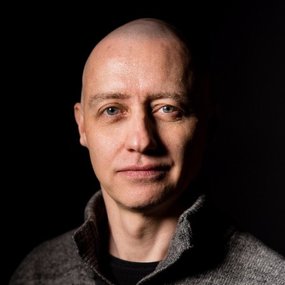Wednesday
Expo
09:00 - 10:00
(UTC+02)
Talk (60 min)
Malignant Intelligence: Prompt engineering and software archeology
We have reached a tipping point when it comes to generative artificial intelligence, and things are currently changing so rapidly the field is almost unrecognisable from one week to the next.
While the long term implications of this change isn't yet clear, like the arrival of any other new tooling, machine learning assistive tools will change the level of abstraction for some, perhaps this time most, developers. But whether "prompt engineering” will become a skill we will all have to master is still very much open for debate.
Compared to other professions, software engineering is still in its infancy. But having almost reached a point where the code still running at the bottom of many large systems wasn’t written in living memory, the changes we are seeing now could well be early signs that this phase may finally be passing.
But no matter what the final outcome, generative artificial intelligence brings with it potentially unique ethical dilemmas, new security concerns, and some very open questions about the future of our profession.
